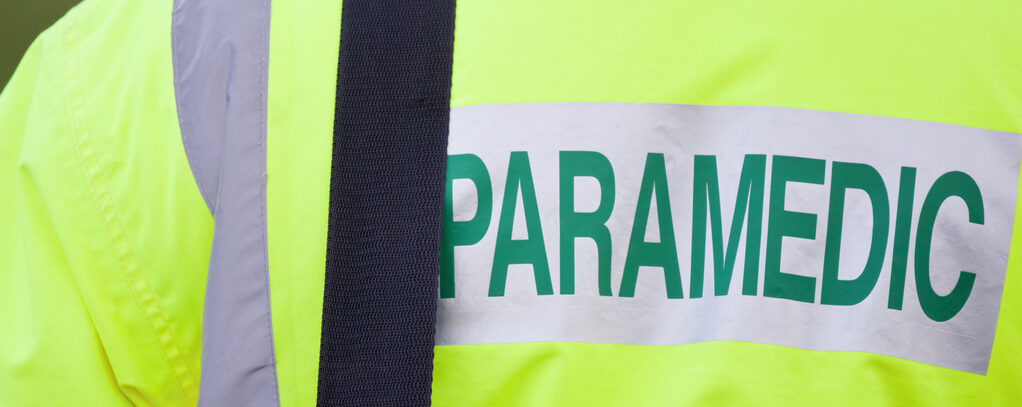Paramedic management of pre-hospital birth specifically in relation to premature neonates: A literature review
Posted on 12th June 2020 by Bethany Norris

During the final year of their Paramedic Science (BSc Hons) course at Oxford Brookes University, students carry out a literature review and critical appraisal of a topic relevant to their future practice. This blog presents the abstract of a literature review on ‘paramedic management of pre-hospital birth, specifically in relation to premature neonates’.Other Paramedic topic blogs can be found here.
Aim
To analyse the effectiveness of current paramedic management of pre-hospital births with a focus on premature neonates and the complications these patients bring; identify any improvements that could be introduced to future practice.
Method
A comprehensive search was carried out with both CINAHL and PubMed databases for secondary data. The data collected was narrowed using exclusion criteria, and six quantitative studies were identified to be analysed. All literature was critically appraised using critical appraisal tools such as CASP, and then thematic analysis was implemented to examine the evidence.
Results
All six papers raised four major themes that are associated with pre-hospital births, and these can be identified as risk factors for poor neonatal outcome. These factors were prematurity, hypothermia, maternal characteristics and education. A significant 10% difference in mortality was found between out-of-hospital and in-hospital births (Jones et al, 2010). Several recurring minor themes were identified within all six papers such as hypoglycaemia and low birth weight; the effects of these all contribute to the difficulties found when attending these births.
Discussion
Strong correlations between all six papers highlight the importance of paramedic history taking and documentation during these stressful situations to ensure relevant information has been gathered before the actual birth occurs as this may influence treatment and interventions required. All neonates born out-of-hospital are more likely to have complications compared to those in-hospital and paramedics must be aware of this.
Conclusion
Pre-hospital births are not a common occurrence, yet this should not detract away from their importance within the paramedic role. Complications of birth are extensive and the environment in which frontline staff work increases these difficulties. All possible methods of providing best patient care should be utilised. Paramedics should be given further governance and education regarding these jobs to ensure that safe and effective practice can be continually developed.




No Comments on Paramedic management of pre-hospital birth specifically in relation to premature neonates: A literature review
hello,
19th October 2023 at 6:41 pmi’m currently in my 3rd year of paramedic degree at university of Sunderland. i’m going towards maternity for my dissertation topic and wondered would i be able to be sent your full article please.
Hi, I’m a final year paramedic student at the University of Cumbria. I have chosen your article to use in my dissertation to help answer my question however I don’t seem to be able to gain access to it on any databases anymore.
27th March 2023 at 7:38 pmI was wondering if you would be able to email me the full article, it would be a great help!
Thank you!